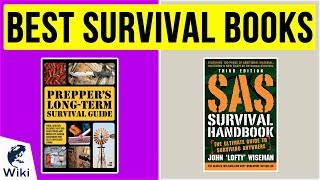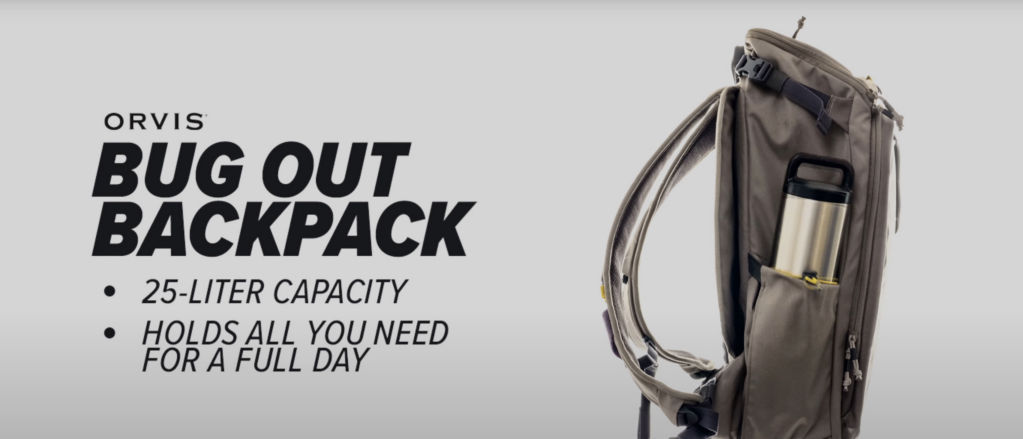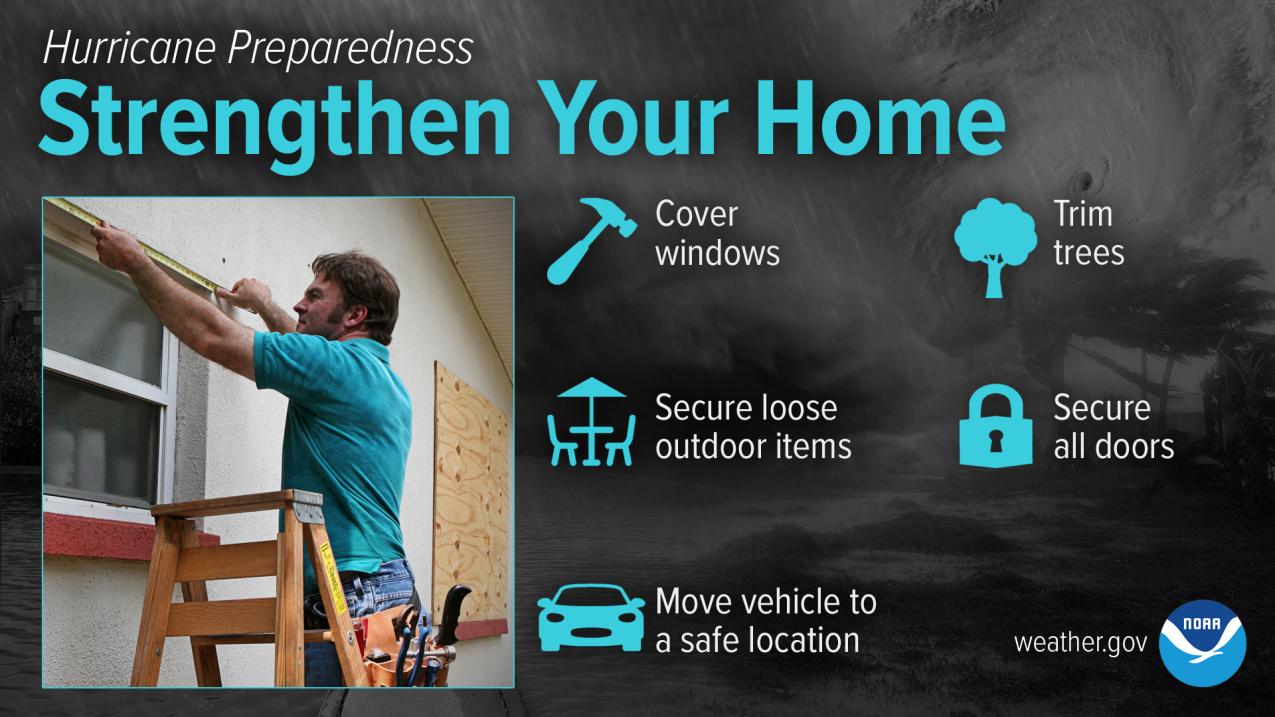
You're not the only one who is on a tight budget. There are many times when you wish you had enough money to stock your pantry. But if that's the case, you're probably not the only one. This article will help you get organized while prepping on a budget, identify the essential items you need to stock your pantry with, and manage your money in an emergency. You can prepare without spending a lot of money if you follow the tips.
Cost saving tips for prepping on a budget
Start stockpiling supplies to save money. Stockpiling allows you to wait until a sale on a particular item and buy it at a discounted price. Some stores offer discounts up to 25-75%. You can also save money using coupons or bartering. Stockpiling goods is one of your most important steps when preparing for a budget.
Shopping with a buddy can help you keep within your budget. Saving money on prep is another tip. Instead of throwing away your old clothes, repair them or repurpose them. Old t-shirts are great for rags or strips to tie vegetables. For emergencies, you can use a ratty shirt to get butt wipeds. Try to cut back on the entertainment that you use for entertainment.

Identifying the core items for a prepper's pantry
It is crucial to identify the main items needed for a prepper's pantry. There are many methods to do this. Some items may not be necessary but you may still want to purchase them. For example, toilet paper is vital. It is an easy way to save money on prepper supplies. Toilet paper can be easily purchased in rolls for a very low price.
Prepper pantry supplies should include shelf-stable food items like flour, beans or oats. You'll also need a variety of canned goods, including meats, vegetables, soups, and stews. Proteins include meat, eggs, and tuna. The key to building a well-stocked pantry on a budget is to get items on sale, so you can keep them fresh for a long time.
Budgeting and managing money
It's important to first assess what you own if you're trying to prepare for an emergency. To put it another manner, you must think about the things you've spent money and what you could do with them. You might be eligible to buy or repair used supplies on Amazon. Or, you could sell them to a neighbor. You might also be able to sell your supplies at vending machines or store them at work.
You must pay attention to the essentials when planning your budget. This includes food, water and shelter. You will be able to prioritize your needs and reduce your expenses by doing this. It's important to have enough food, water, and fuel. And even if you can't do all of these things, you can still prepare by addressing the basic needs. Even if it is impossible to buy every item you need, you can start with a month's supply. Even if that's impossible, you might consider buying supplies for three to six months.

Planning your budget while staying organized
It is important to recognize the importance and start organizing while preparing a budget. A chaotic prep can lead to wasted money and time. Rotate perishable items before they go rotten. You should clearly label perishables. You should compile a master list of all the things that you will be preparing. This is especially useful if you plan to prep in secret areas. Here are some ways to stay organized and still keep your budget in check.
Another important step is to manage your finances while preparing a budget. You can spend a lot of money on prep, so it is important to plan ahead. However, creative thinkers can negotiate or barter to lower the cost of supplies. Here are some ways you can save money and still stick to a budget.
FAQ
How do you choose the best knife to suit your needs?
It can be difficult to find the right knife for your needs. There are so many companies that claim to have the best knives.
But which one is the best? How do they compare?
Consider first what tasks you are going to be performing with your knife.
Do you want to chop wood, skin animals, slice bread or chop vegetables?
Are you hunting or fishing with your knife? Is it meant for camp cooking or kitchen cutting?
Do you intend to use it for opening bottles and cans? Do you plan to open boxes or packages?
Are you able to carry heavy loads with your knife?
What about cleaning it after every use? Is it something that you will be doing often?
Is it necessary to keep its edge over time?
Why is knot-tying important for survival?
Everywhere you look, people use knots to connect items like fishing lines, ropes, ladders, and so on. They are also useful for tying bags shut and securing objects to trees. When you are required to tie yourself to a tree, rope, or secure your shelter, the ability to make knots can be a lifesaver.
How long does it take before you find help?
This is dependent on many factors.
-
You are where you need to be
-
What kind of terrain you're in
-
No matter whether you have cell reception
-
How many people have seen you?
-
Whether you're injured
-
You are either dehydrated or not
-
Water consumption is a matter of personal preference.
-
How recently have you eaten?
-
Whether you are wearing appropriate clothing
-
You can carry a map or your compass.
-
How familiar are your local surroundings?
-
How many years has it been since your loss?
-
How long did you spend looking for help?
-
How long does it take people to notice your missing items?
-
It is amazing how quickly they search for you
-
How many rescuers can you attract?
-
How many rescues has your family received?
Why are survival skills essential?
Basic survival skills include knowing how to protect yourself, make fire, build shelter, hunt, and fish. These skills are crucial no matter where we live. They become even more essential when we travel alone or in remote areas.
Survival skills include navigation, self defense, self-defense as well wilderness medicine. These are life-saving skills that must be learned before you venture into the unknown.
Other than these essential skills, you can also learn valuable skills while away from home. If you want to spend your vacation hiking, learn about mountaineering. If you intend to camp in deserts, learn how extreme temperatures can be beaten. There are countless ways to prepare for any situation, so don't hesitate to think outside the box and consider learning new skills.
Statistics
- In November of 1755, an earthquake with an estimated magnitude of 6.0 and a maximum intensity of VIII occurred about 50 miles northeast of Boston, Massachusetts. (usgs.gov)
- The downside to this type of shelter is that it does not generally offer 360 degrees of protection and unless you are diligent in your build or have some kind of tarp or trash bags, it will likely not be very resistant to water. (hiconsumption.com)
- We know you're not always going to be 100% prepared for the situations that befall you, but you can still try and do your best to mitigate the worst circumstances by preparing for a number of contingencies. (hiconsumption.com)
- The Dyrt PRO gives 40% campground discounts across the country (thedyrt.com)
External Links
How To
How to Dress Your Wounds?
It takes a lot time to learn how you can treat a wound. It is important to have a basic understanding of anatomy, physiology, as well as medical instruments. You could inflict injury on your own if you don't have enough experience when dressing a wound. Follow these steps if you wish to treat a wound.
-
Thoroughly clean the wound. Make sure you don't leave any dirt or foreign items in your wound. Put gauze around the wound once you have cleaned it. After cleaning the wound, rinse your hands with water and then touch it.
-
Use pressure. Put two fingers under the skin at the edge of the wound. Gently but firmly press. This step stops bleeding.
-
Be sure to cover the wound. Sterile bandage material should be used to cover the wound. Sterile bandages include cotton, nonwoven fabric, surgical tape, and adhesive strips. Keep applying pressure until the wound heals completely.
-
Monitor the wound after treatment. Be on the lookout for signs such as swelling, fever, pain, pus, pus, or reddening of the wound. These symptoms indicate that the wound has become infected. Get to your doctor right away.
-
You should change the bandage frequently. The bandage should be changed every day or whenever there are any signs of infection.
-
Wash the wound area with soap and warm water. Follow the directions on the package. Do not use alcohol. It may dry out the wound.
-
Avoid scratching the wound. The wound can bleed again by being scratched.
-
Bathing is dangerous. Badging increases your risk of infection.
-
You must take care of your wounds all the time. Your body temperature may rise as you heal from surgery. High temperatures can cause complications. You should keep your wounds dry and cool.
-
Get help if necessary. If you feel uncomfortable, dial 911 or visit the nearest emergency room.